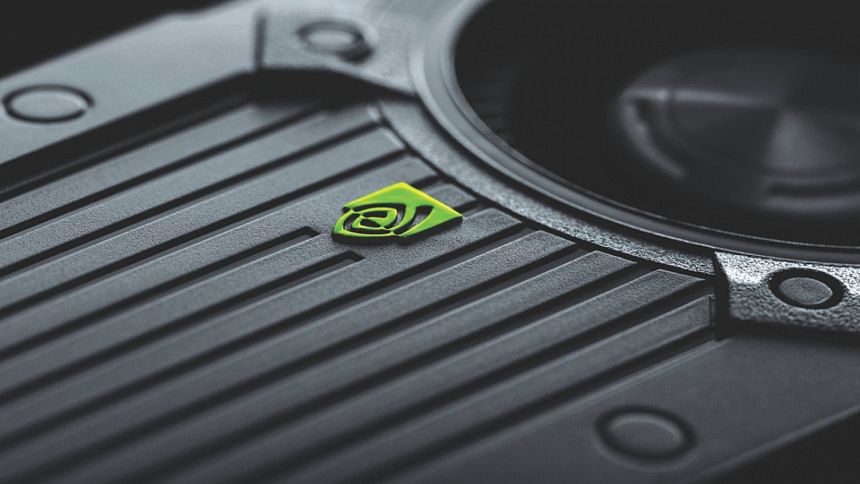The RTX dilemma

Near the second half of last year, Nvidia released a brand-new line of graphics cards, dubbed RTX. To truly understand the difference RTX brings, you have to understand Rasterisation. Rasterisation is the process through which a graphics processor responds to the placement of a 3D object and turns that object into a set of pixels which form a 2D image on the player's screen. This process has been done ever since the early 90s. Ray tracing, however, proves to be something wholly different. Instead of transforming the 3D image, the graphics card shoots a series of rays from the player's perspective, allowing it to bounce off of the 3D generated surfaces in the game and forming an image. In simpler terms, the advantages promised from the 2000 series are higher frame rates with higher resolutions. Nvidia claims that the RTX will prove far superior with better visuals and performance. And yet that remains slightly untrue.
It wouldn't be fair to call Nvidia an outright liar. The RTX cards do pack a punch. They have updated cooling systems and, well, more power. However, the satisfaction you might receive from running visually taxing games on such high frame rates may be a little dampened from the pain from your back pocket. Or front pocket. Or whichever pocket you put your wallet in.
Either way, after running several tests on games supporting RTX, of which there are only but a few, the results were lack luster. For taxing games like Tomb Raider and Anthem, the frame rate pickups were negligible. The visuals did seem somewhat better, with clearer reflections and post-processing, it wasn't anything to call home about. The main reason I'm so skittish on truly recommending this series is mostly due to the price tag. The pricing for the new series is a touch beyond being understandable. Nvidia justifies their pricing with the emergence of new and more advanced tech as well as the "new car smell" these cards are expected to give. Due to the lack of any competition for RTX, their price points are pretty steep. The 2080 is almost 60k more than the average 1080Ti. Even their lowest, 2060, is double the price of a 1060. With these price points, it is difficult to really recommend these cards to any average consumer.
Despite all my ramblings, it is true that everyone is allowed to have an opinion. However, for you lost souls who simply need a little more help with making a decision, I pass on the following advice. If you feel like you need a massive upgrade and demand "More Power!", if you have the funds you should go for it. However, if you're current GPU is on its last few breaths, I'd recommend that you consider your options. If you're using a 980, a 1060 or even a 1080Ti, ask yourself this: Why? Why do you want an upgrade? Do you want to level up your current rig or do you want the fancy new ray tracing gimmick? Or, do you simply want the most powerful hardware? If any of these questions are responded with a yes, I would still tell you to wait. Regardless of burning cash, you have in your wallet; my answer would still be the same. There are simply not enough games out to truly experience all the benefits from these cards. Let the market settle. Let it breathe and when the prices are done exhaling, you should swoop in.

 For all latest news, follow The Daily Star's Google News channel.
For all latest news, follow The Daily Star's Google News channel. 



Comments